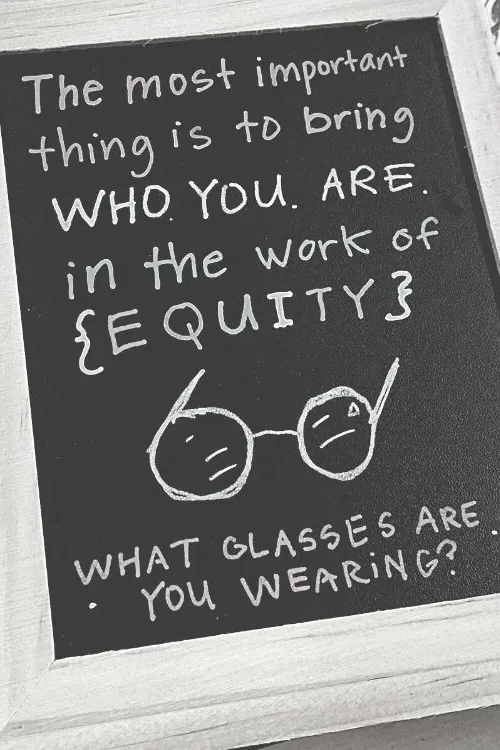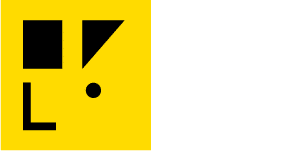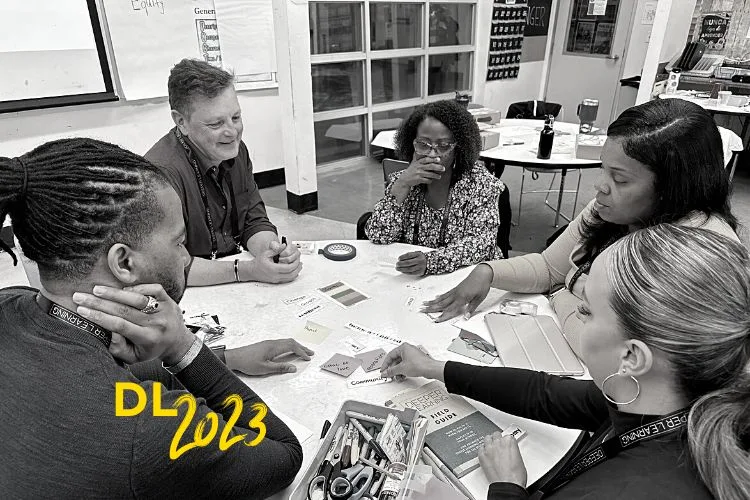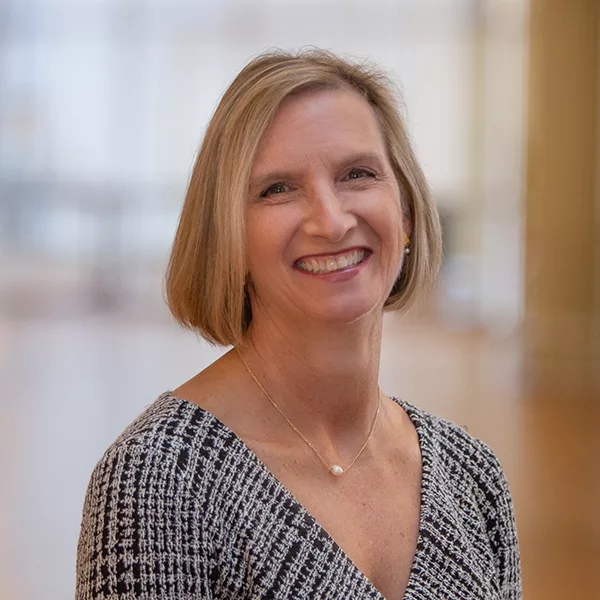
We can do hard things.
Glennon Doyle hosts a popular podcast series with this as the title. In her regular conversations, she invites us to dig into challenging questions about how people engage with one another and how we do so with ourselves. How do we show up in our relationships and purposeful life? How might we dare to lead when others question or criticize our goals? How can we learn from, work with, and serve others in ways that have a positive impact? I’ve been thinking about my work at HFLI and wondering how I can be more effective and more connected to the work of others who seek to advance equity and excellent learning opportunities. And I realize it’s a process that is best done in the company of others.
We can do hard things.
I had the opportunity to engage with others at the 10th Annual Deeper Learning Conference in San Diego, California. Our team was there to guide 25 educators through a structured process to explore how they and we might build equitable learning communities where we learn, teach, and lead. I love this gathering of passionate educators who dive deeply into their professional practice, seeking to connect and grow with one another.
We can do hard things.
During our planned day-long Deep Dive session, we embraced the journey metaphor and invited participants to engage in exploratory activities, personal reflection, and connected discussions. We focused on what we carry with us and “packed their suitcase” for their trip. We spent time naming some of our identity markers and talking about what they meant to us, how we felt when some of them were taken away, and how it might feel to students to have their essential selves stripped by the expectations of classroom norms or routines, disciplinary rules or definitions of success. Taking time to think about what it means to be genuinely human-centered in our instructional decisions requires a difficult reflection on who we are and how we show up each day. I continue to think about these each time I’m facilitating a learning experience or working with our team.
We can do hard things.
Next, we worked collaboratively to describe their envisioned destination of an equitable learning classroom or school – who would be there, what might they say or do, what sources of power or opportunity might exist – and developed multi-layered collages to capture their discussions and choices. We took time to share ideas and listen to others’ perspectives. We struggled to find a common language and build a narrative we could connect with and see ourselves in. It wasn’t easy. And, there is the possibility that our vision doesn’t match the one held by others in our immediate situation, which will mean we need to spend time, emotion, and energy to dig in to identify shared values, beliefs, and possibilities.
We can do hard things.
Once the endpoint was clarified, we considered and planned how we might get there by developing a personal travel guide. Each guide contained what we, as travelers, felt we should keep with us as we move forward and what should be left behind. We had conversations with our fellow travelers centered on how to hold onto the “keeps” and avoid or counter our “let-go’s.” We also identified a clear set of steps to take on the first leg of our journey – immediate actions we could take to get started, which can lay a foundation for sustained progress. By setting up an intentional action plan right away, we can make a difference in our practice with and for our students. We know we still need to pay attention to the impact of our choices and changes so that we do good. That takes additional effort, but this is the first stage of the career-long journey.
We can do hard things.
Finally, we concluded our Deep Dive by choosing an essential element of the shared or envisioned experience we wanted to remember – a moment, a conversation, a piece of wisdom, a goal, a joy. And we created a tangible souvenir to help us keep that memory close and visible. That will help us feel supported and connected to our work with our students, their families, and colleagues even after returning home.
I didn’t make a souvenir of my own, but I do take inspiration from the ones created that marked our shared travels that day. I am reminded that there are wonderful, committed, passionate educators in our world who reach deeply into their hearts and minds for the creativity, strength, and resilience to serve our young people every day. I commit to continuing my efforts to advance equity and excellence in education – paying attention to how I show up in small and big moments on this journey – because every action and every person matters.
I can and must do hard things.




